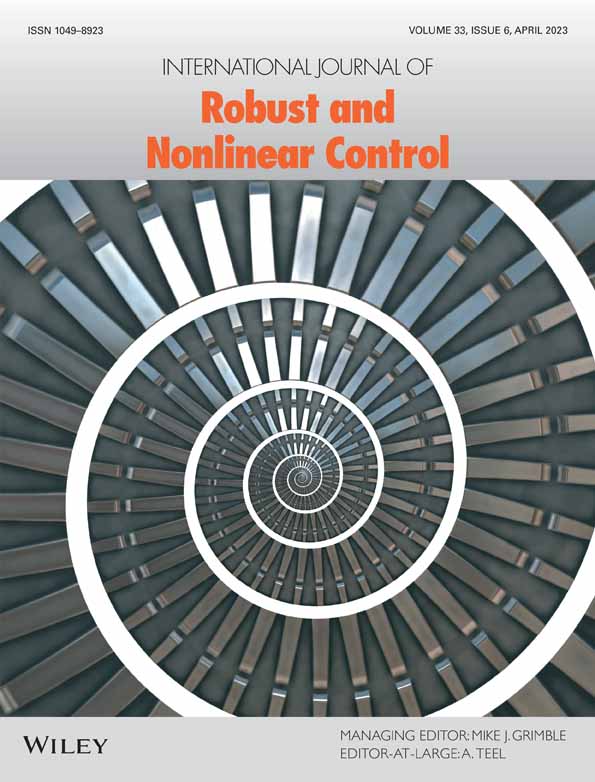Data-driven mixed-sensitivity control with automated weighting functions selection
Abstract
System identification plays a key role in robust control, as not only it provides a nominal model for model-based design, but also the estimate of the model uncertainty can be employed for guaranteeing robust stability and performance. In this paper, we investigate the use of kernel-based identification methods in mixed-sensitivity control, and we show that, using the uncertainty description returned by such methods, we can also automate the selection of the optimal weights, which represent the most critical knobs in real-world applications. We finally compare our approach with a benchmark prediction-error method on a numerical case study. Simulation results illustrate that kernel-based identification might be more suited for robust control, due to its low-bias modeling capability.
CONFLICT OF INTEREST
The authors have stated explicitly that there are no conflicts of interest in connection with this article.
Open Research
DATA AVAILABILITY STATEMENT
All data included in this study are available upon request by contact with the corresponding author. The data that support the findings of this study are available from the corresponding author upon reasonable request.




